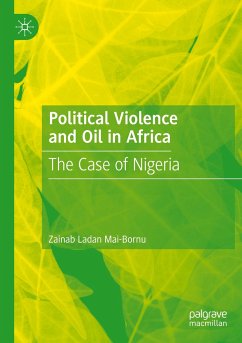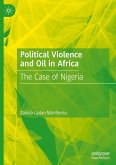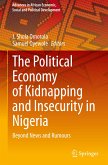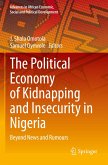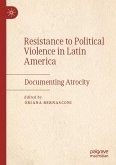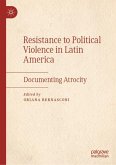The book argues that in order to better understand the undercurrents of the Niger Delta conflict, it is imperative to analyse the dynamics of choice in terms of the distinct courses of action taken by the Ogoni and Ijaw. Given the similar structural constraints, the author considers why the Ogoni adopted nonviolent resistance, and the Ijaw violent resistance. This book is divided into seven chapters starting with an introduction to oil and political violence in African conflicts, and includes a synoptic overview of four other resource-rich countries in Africa. Theoretical and conceptual underpinnings of conflict are then presented with the aim of situating the Niger Delta conflicts within the wider conflict literature. Chapter Three concentrates the discussion on the Nigerian Niger Delta, outlining the core issues at the centre of the contestations. The following three chapters offer an in-depth empirical analysis on the interaction between the narratives on nonviolence versus violence, the nature of leadership styles, and the organisation of the Ogoni and Ijaw movements along with a concluding chapter.
Bitte wählen Sie Ihr Anliegen aus.
Rechnungen
Retourenschein anfordern
Bestellstatus
Storno

